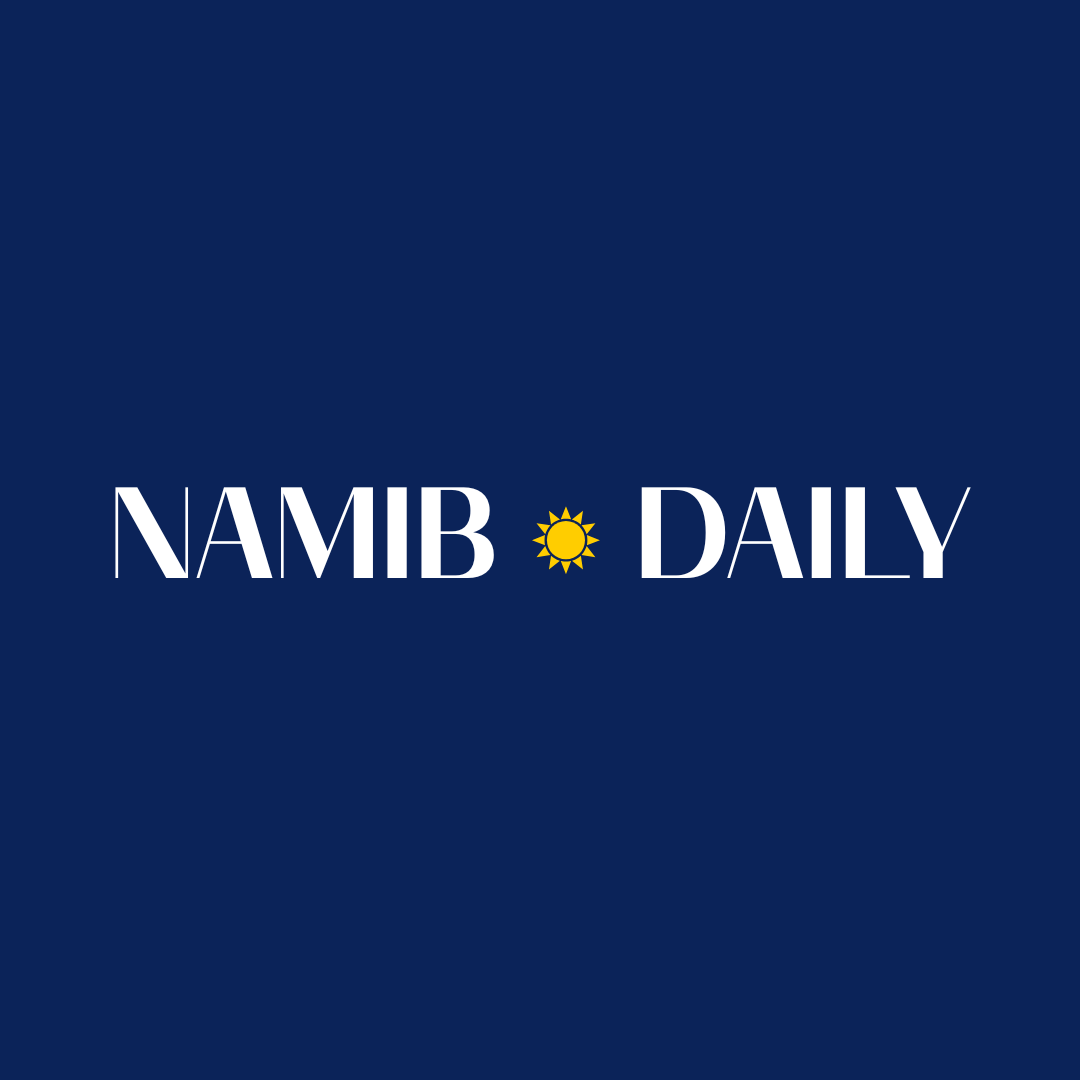Namibia's Bold Vision: Strategic Immigration Plan to Triple Population
Namibia unveils ambitious plan to strategically grow its population from 3 to 10 million through targeted immigration, aiming to boost economic potential and market attractiveness for global investors.

Aerial view of Windhoek, Namibia's capital, highlighting urban development potential for population growth
Namibia, with its vast territory twice the size of Kenya, is eyeing an ambitious demographic transformation to boost its economic potential. Currently home to just 3.02 million people, the country aims to leverage strategic immigration to reach 10 million inhabitants by 2035.
Economic Imperative for Population Growth
In today's global marketplace, population size significantly influences investment attraction. While Namibia's economic stability and sound monetary policies provide a strong foundation, its relatively small market size constrains investment potential compared to more populous African nations.
Current Growth Challenges
World Bank data reveals:
- Birth rate: 26 per 1,000
- Death rate: 7 per 1,000
- Annual net population gain: 57,000
- Projected 2035 population through natural growth: 3.6 million
Immigration as a Growth Catalyst
To bridge the substantial gap to 10 million, Namibia needs approximately 640,000 new arrivals annually. The country's appeal includes:
- Political stability and peace
- Functional infrastructure
- Rich mineral resources
- Tourism potential
- Advanced digital infrastructure and technological progress
Strategic Implementation
The initiative requires careful targeting of:
- Skilled professionals
- Entrepreneurs
- Investors ready to develop industries
As recent World Bank assessments highlight opportunities for institutional reform, policies must balance easy settlement processes while ensuring benefits flow to local communities.
Economic Resilience Through Growth
A larger population would strengthen Namibia's economic independence and create:
- Expanded domestic market
- Increased business opportunities
- Enhanced tax revenue for public services
- Greater regional influence
The time for implementing this transformative vision is now, while Namibia maintains its competitive advantage in attracting skilled migrants and investors.
Jasmine Demraoui
Journalist in governance and climate reform, based in Windhoek.
